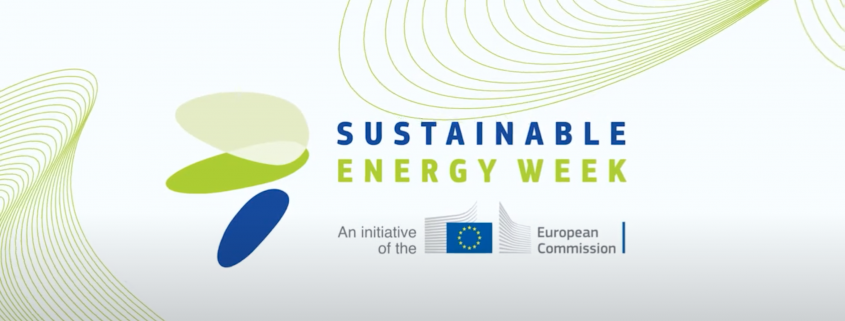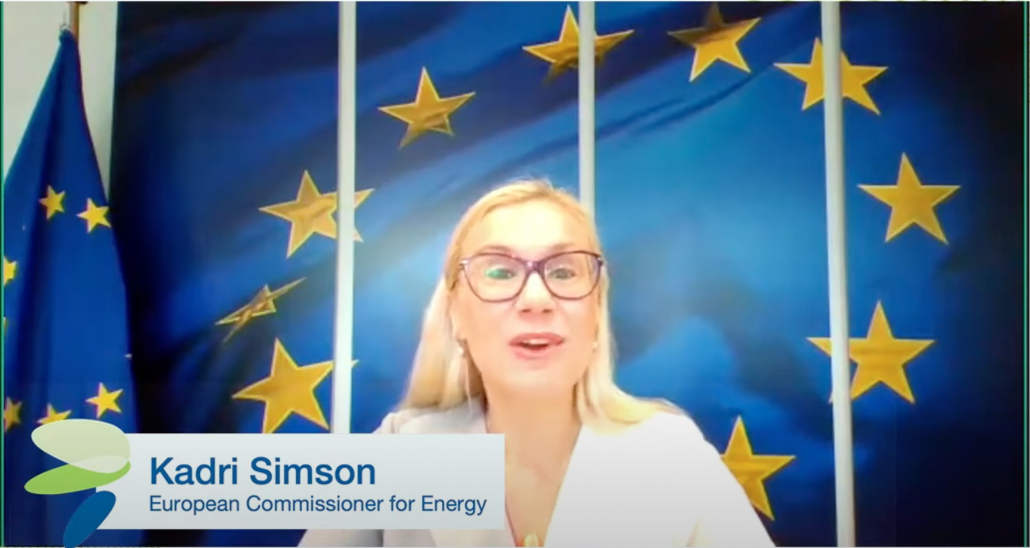LPRC attends the EU Sustainable Week (part 2)
LPRC participated in this year’s EU Sustainable Energy Week (EUSEW 2020) from the 23 to the 26 June 2020, an event hosted by the European Commission. Due to the current limitations imposed by the COVID-19 pandemic this event was held online with many talks, presentations and discussions. This event enables citizens and companies to learn and exchange about sustainable energy, digitalization and green development.
24 June 2020
On the 24, the focus of the discussions was on the Renovation Wave, LIFE clean energy transition and the European Investment Advisory Hub.
The Renovation Wave initiative is a priority under the European Green Deal and the recovery plan for the EU, aimed at increasing the rate and quality of renovation of existing buildings and thereby helping to decarbonise the building stock. Given the relatively labour-intensive nature of renovation work and the way in which this matches the “green, digital and resilient” ambition of the Commission recovery package, the Next Generation EU Communication talks of regulatory and financial support to “at least doubling the annual renovation rate of existing building stock”.
The Clean Energy Transition sub-programme of LIFE will be a continuation of the market uptake activities, currently funded under Horizon 2020. The aim is to support the objectives of EU legislation and policies in the transition towards a decarbonised energy system and a decarbonised economy. It will include capacity building and dissemination of knowledge, new skills, and innovative techniques in energy efficiency and renewable energy.
The European Investment Advisory Hub (“Advisory Hub” or “the Hub”) is a joint initiative with the European Commission, which helps project promoters, the European Union, the European Investment Bank (EIB) and other financial institutions achieve their mission and get investment projects off the ground. The Hub is often the first point of contact for those who need advisory expertise from the EIB Group and its partners to help projects to get financed. The Hub works in education, agriculture, healthcare, environment, research and innovation, energy, transport, and other sectors.
25 June 2020
The last day of the EUSEW 2020 focused on the Innovation and Modernisation Funds. Both funds will mobilise jointly some 24 billion EUR. These funding instruments will be pivotal to mobilise further investments under the Green Deal with a view to reach climate neutrality.
The Innovation Fund is one of the world’s largest funding programmes for demonstration of innovative low-carbon technologies. This body will invest €10 billion up to 2030 in Europe’s climate neutral future. Its main objectives are to avoid emissions and to boost competitiveness. The Innovation Fund will support disruptive technologies decreasing the harmful impact of energy intensive industries and support the development of renewable energies, energy storage as well as carbon capture, use and storage.
The Modernisation Fund is a dedicated funding programme to support 10 lower-income EU Member States in their transition to climate neutrality by helping to modernise their energy systems and improve energy efficiency. The beneficiary Member States are Bulgaria, Croatia, Czechia, Estonia, Hungary, Latvia, Lithuania, Poland, Romania and Slovakia. The Modernisation Fund will support investments In generation and use of energy from renewable sources, energy efficiency and energy storage.
Link of all presentations: https://eusew.eu/programme


